How much caffeine is in your coffee?
Knowing how much caffeine is in your coffee can help you make choices surrounding your coffee intake and how you choose to make it.
What actually is caffeine?
To get scientific, caffeine is a natural stimulant belonging to the Alkaloid family. It is assumed to be the most widely consumed psychoactive substance in the world and as a coffee loving community we are more than aware that it is found in coffee (the two most popular sources of caffeine are coffee and tea). Caffeine can be found in a number of other sources such as cocoa beans (chocolate), and energy drinks. The actual caffeine content varies considerably depending on the type, serving size of the food/drink and how it is made or brewed.
Coffee and caffeine can be addictive, however it is generally believed that caffeine consumed in coffee isn’t bad for your health, if consumed in moderation. Coffee beans actually have a variety of health benefits, read more about that here
How much caffeine should I drink?
Co-Founder Ben can have 8 cups a day and be asleep by 9pm, whereas Alice (our other Co-Founder) can have 2 cups and struggle to sleep at 2am! Everyone’s body and metabolism is different and this determines how caffeine affects you as an individual. Below we’ve outlined key findings from our research online, but there are plenty more articles to check out if you are interested, including from the British Heart Foundation here.
Daily guidelines (our short guide)
-
Moderate daily caffeine is defined as about 400 mg/day - that’s about 4 cups (for a 65kg person)
-
Women who are pregnant should consume no more than 200mg/day - less than 2 cups (for a 65kg person)
-
Children should consume no more than 45mg-100mg/day (depending on their age) - so not much at all!

How long does caffeine stay in my body?
Based on an average, healthy adult, the caffeine generally has a half-life process, which is the time it takes for the total mg of caffeine you have consumed to reduce by half. Generally this is 5 hours. For example, if you drink 96mg of caffeine (which is about a cup), in 5 hours you’ll have 48mg still in your system, 5 hours after that you will have 24mg left, and so on...
This differs slightly from person to person dependent on factors such as your weight, your metabolism, and if you smoke.
So, How Much Caffeine Is In A Cup Of Coffee?
The way you brew your coffee, where the coffee bean comes from, how hard the water is all affect the caffeine content, and we will look at that in a moment but to give you a rough approximate guide:
▻ 1 mug of filter coffee – 140mg caffeine
vs
▻ 1 can of energy drink – 80mg caffeine
▻ 1 mug of tea – 75mg caffeine
▻ Bar of chocolate – 25-50mg caffeine
▻ Coca cola – 40mg caffeine

Some misconceptions:
Espresso has more caffeine than… filter coffee! Not true! Don’t be fooled by the intense dark taste of an espresso, on average there is more caffeine per serving in a filter coffee. Key word here is serving. Espresso contains more caffeine per ml (around 2.1mg per ml) whereas filter coffee has around 0.4mg per ml, however the serving is far smaller, meaning there is less caffeine in the drink.
Decaf doesn’t contain caffeine. Wrong! A bit like 0% beer, which often actually has 0.5% not 0%, decaf coffee contains around 3mg of caffeine. This is dependent again on the type of coffee and which method has been used to removed the caffeine. Our favourite method for decaf is the Swiss Water method.
What factors affect the level of caffeine in coffee?
Each and every individual coffee bean contains a number of organic matters such as caffeine, sugars and proteins. As you will all know, when you brew the coffee, the compounds inside the beans are extracted from the coffee in varying degrees. It is very difficult to determine the exact mg content in each coffee due to some of the following reasons:
▻ Coffee size - the bigger the coffee, the higher the caffeine content!
▻ Grind size – when coffee is ground finely, there’s a larger surface area which results in higher extraction of all elements, including caffeine. Knowing how you like to grind and which method you prefer will have an impact on the caffeine content you consume. For example, Drip or Filter coffee will have an average of 145mg, French press or plunger has an average of 108mg and percolated coffee has an average of 200mg (per cup).
▻ Water dose – this can be important, the more water that is used to brew the greater degree of caffeine that can be extracted during the brewing process. Weighing your water and beans to get the right ratio is critically important.
▻ Water hardness – water hardness is a measure of the number of certain minerals (Calcium and Magnesium ions) in water, and this can vary from region to region. Water hardness has a large effect on the extraction of different compounds found in coffee.
▻ Roasting profile – Darker coffees are more soluble, meaning you may be able to extract more of the caffeine present in dark roast coffee than a light roast. The high temperatures will affect the caffeine content.
▻ Origin of the coffee bean – The actual coffee bean itself has an impact on caffeine content. This includes everything from species (arabica or robusta), varietals of the coffee, the origin of the coffee and the effects of its climate, geography and altitude.
Check out our brew guides here

Want to learn more, then head to:
▻ Should I order beans or ground?
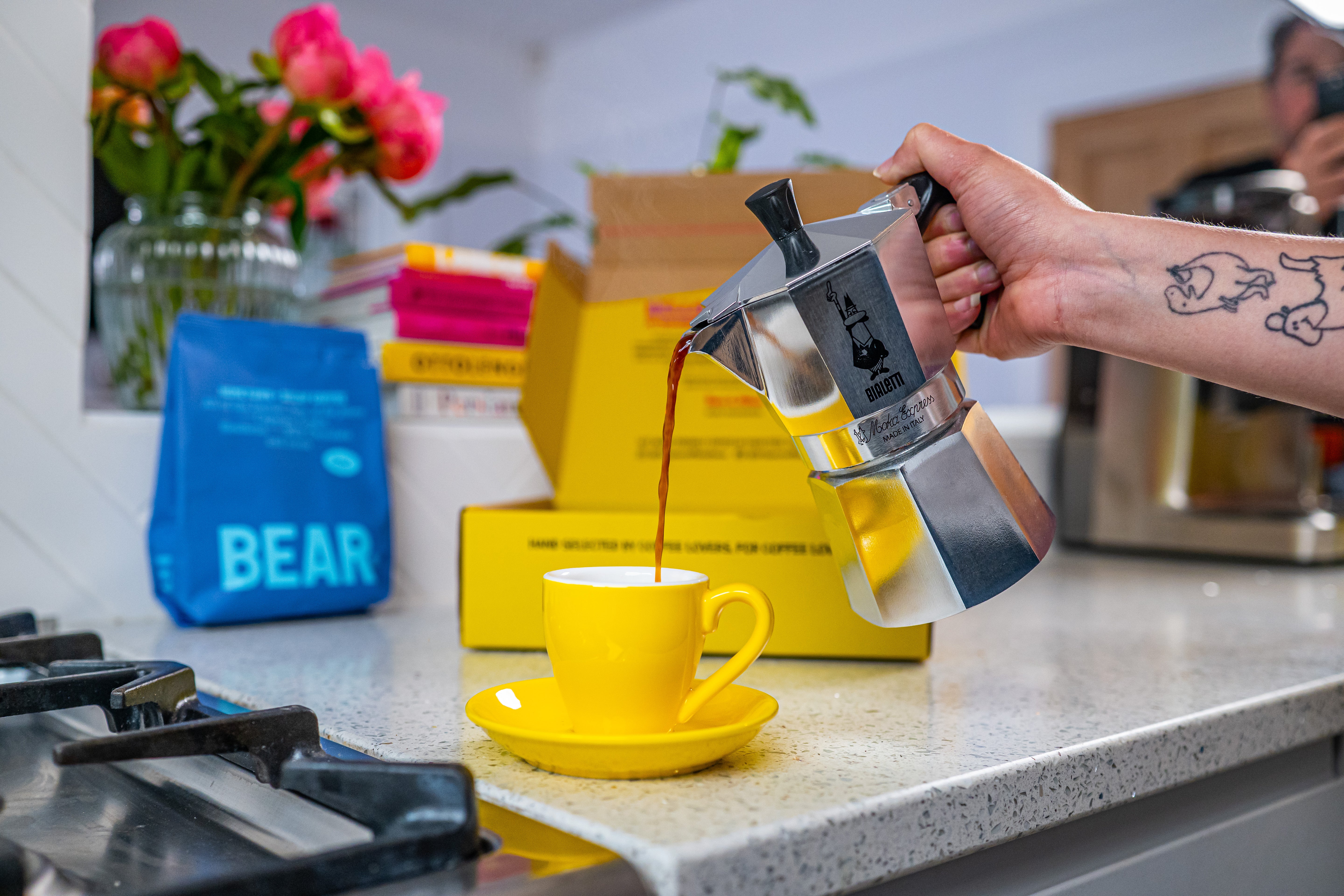
MONTHLY COFFEE DELIVERED TO YOUR DOOR
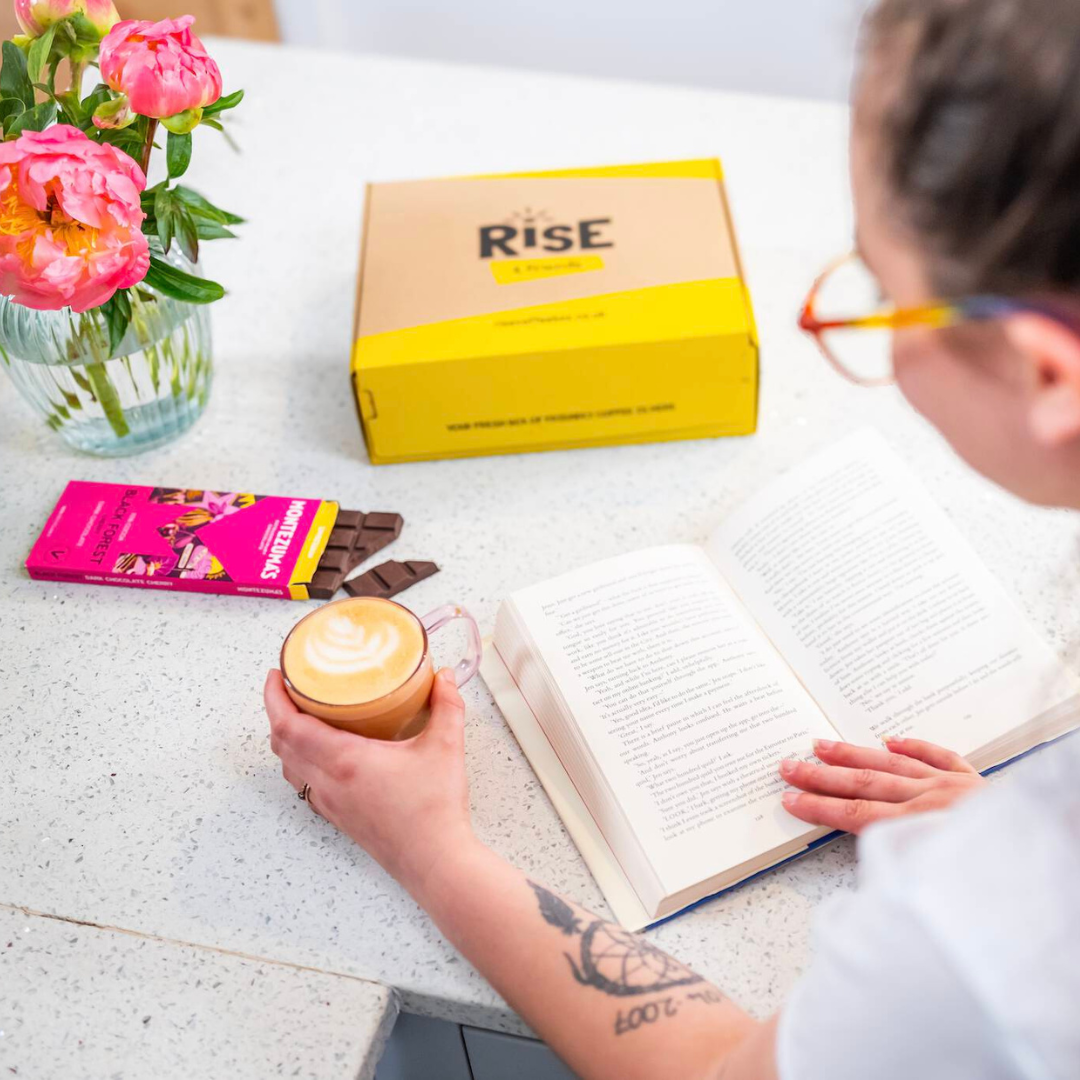






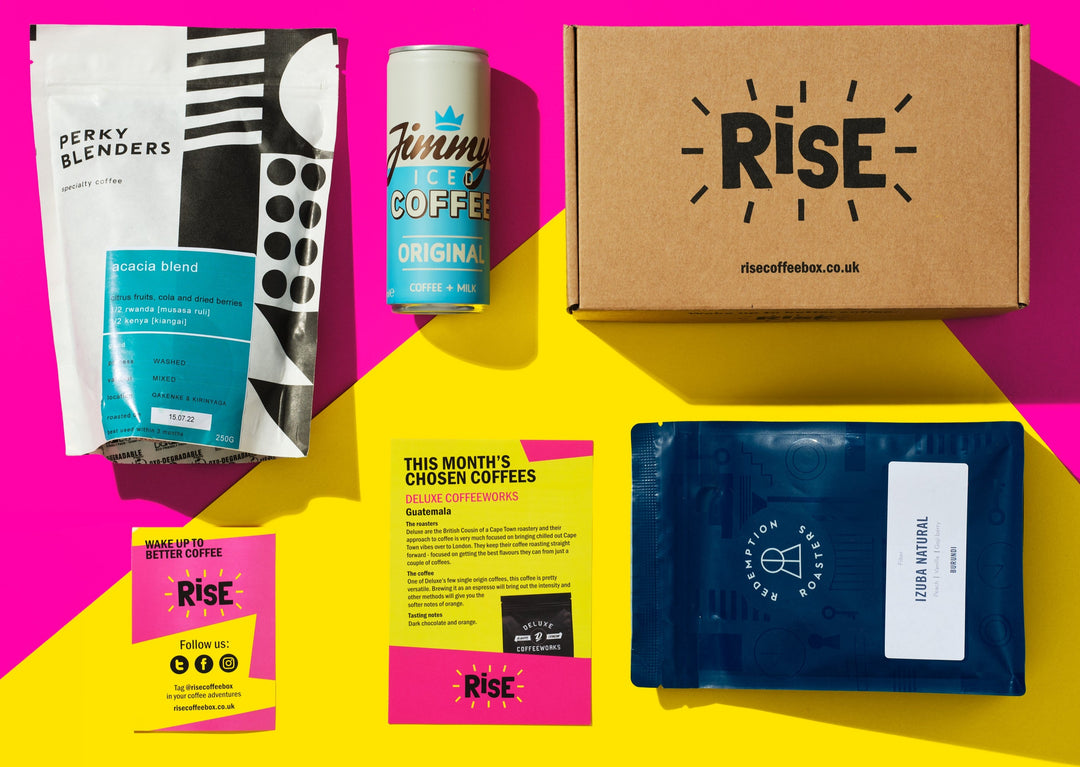
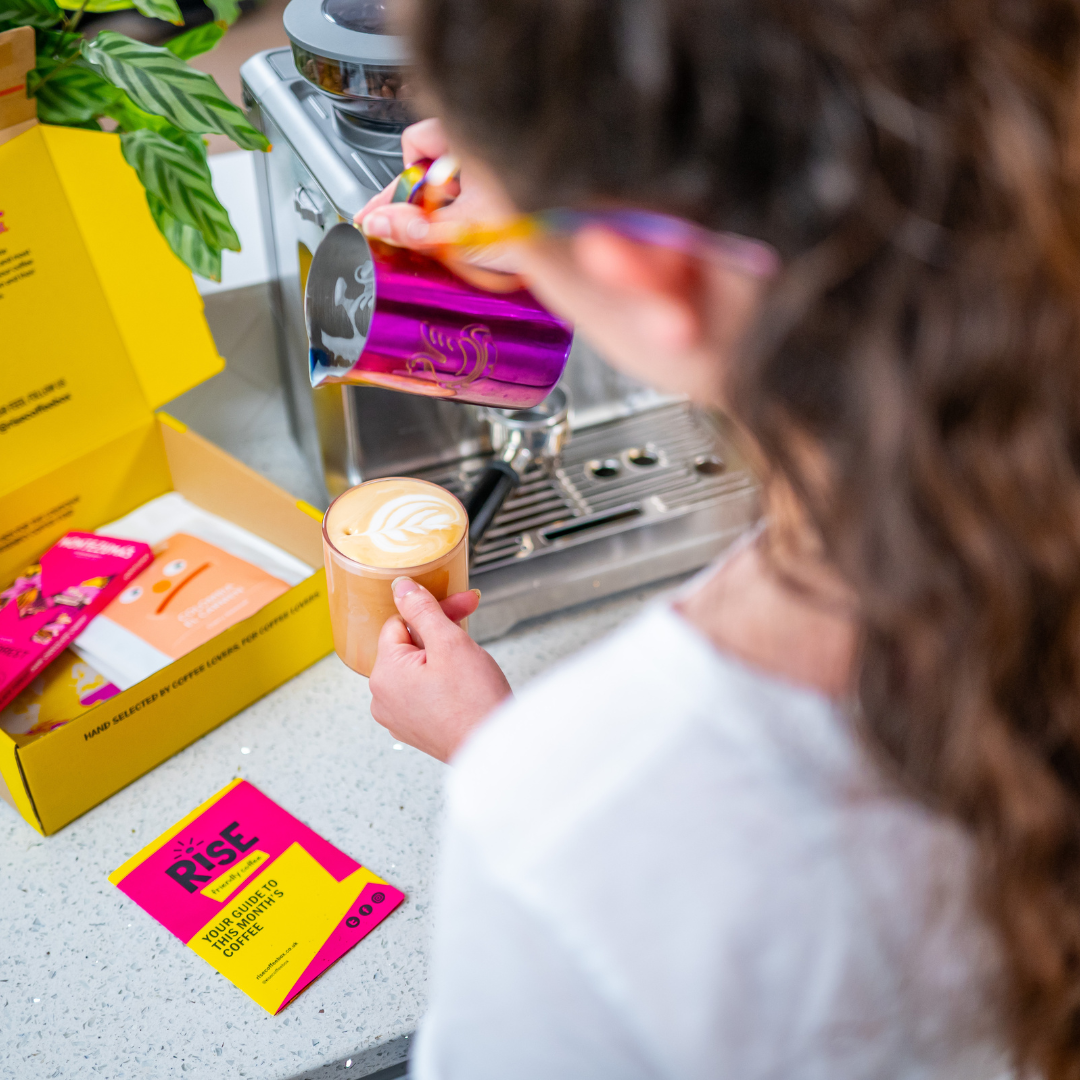
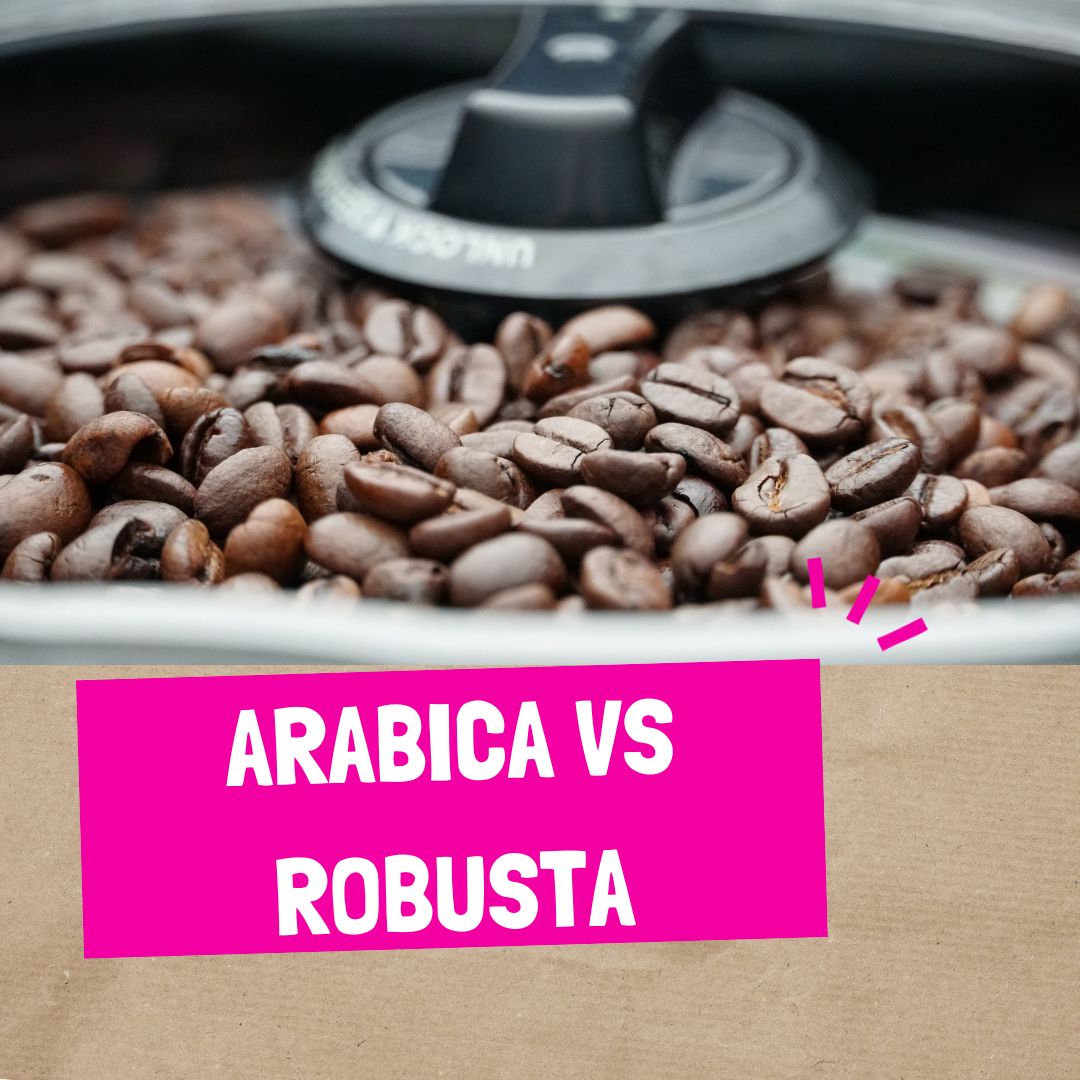


















Leave a comment